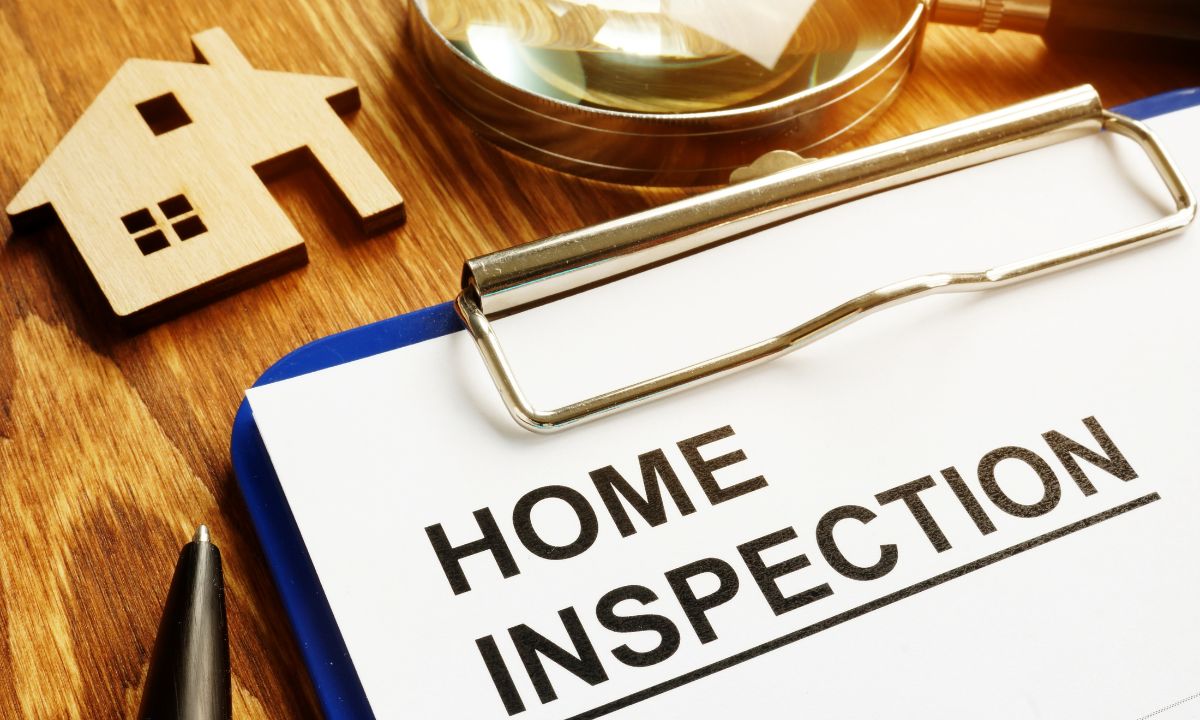 Embarking on the journey to homeownership is an exciting venture, but it comes with its share of responsibilities. One crucial step in the process is a comprehensive home inspection. To ensure your dream home doesn’t turn into a nightmare, we’ve compiled the ultimate home inspection checklist. Armed with this guide, you’ll be equipped to make informed decisions, identify potential issues, and negotiate confidently before sealing the deal.
Embarking on the journey to homeownership is an exciting venture, but it comes with its share of responsibilities. One crucial step in the process is a comprehensive home inspection. To ensure your dream home doesn’t turn into a nightmare, we’ve compiled the ultimate home inspection checklist. Armed with this guide, you’ll be equipped to make informed decisions, identify potential issues, and negotiate confidently before sealing the deal.
Exterior Inspection:
- Roof condition and age
- Gutters and downspouts
- Siding and paint
- Windows and doors
- Foundation and grading
Structural Elements:
- Foundation integrity
- Walls, ceilings, and floors
- Attic and crawl spaces
- Load-bearing walls
Plumbing System:
- Water pressure
- Visible leaks
- Condition of pipes (visible and accessible)
- Functionality of faucets, sinks, toilets, and showers
Electrical System:
- Panel condition and capacity
- Presence of GFCI outlets
- Functionality of switches and outlets
- Wiring and visible connections
Heating, Ventilation, and Air Conditioning (HVAC):
- Furnace and air conditioning units
- Ductwork condition
- Filter replacement history
- Thermostat functionality
Interior Features:
- Appliance condition and age
- Flooring condition
- Walls and ceilings (look for signs of water damage)
- Functionality of doors and windows
Insulation and Energy Efficiency:
- Presence and condition of insulation
- Energy-efficient features (double-pane windows, etc.)
- Overall energy efficiency of the home
Pest and Mold Inspection:
- Signs of termites or other pests
- Presence of mold or mildew
- Condition of wood structures and beams
Environmental Factors:
- Radon testing (if applicable in your region)
- Asbestos inspection (for older homes)
- Lead-based paint assessment (for homes built before 1978)
Miscellaneous Checks:
- Garage condition
- Functionality of garage doors and openers
- Drainage around the property
- Overall safety features (smoke detectors, handrails, etc.)
Navigating the home inspection process armed with this comprehensive checklist empowers you to assess your potential home thoroughly. Remember, a well-informed buyer is a confident buyer. Use the insights gained from the inspection to negotiate repairs or adjustments to the sale price. By investing time in a thorough home inspection, you’re not just buying a house; you’re investing in a home where you can build a future.
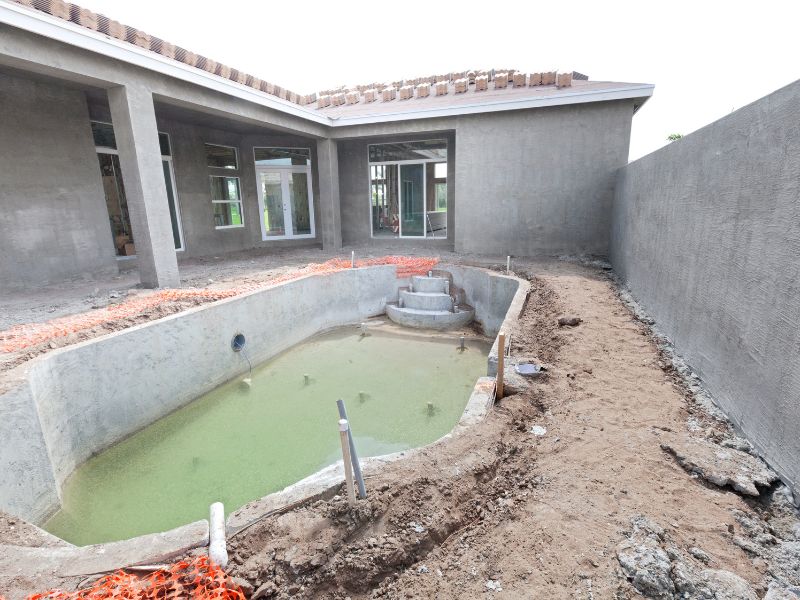 Creating a backyard oasis with a swimming pool, hot tub, or water feature can transform your outdoor space into a haven for relaxation and entertainment. However, financing such a project often involves careful planning and consideration. One popular financial option for these endeavors is a construction loan.
Creating a backyard oasis with a swimming pool, hot tub, or water feature can transform your outdoor space into a haven for relaxation and entertainment. However, financing such a project often involves careful planning and consideration. One popular financial option for these endeavors is a construction loan.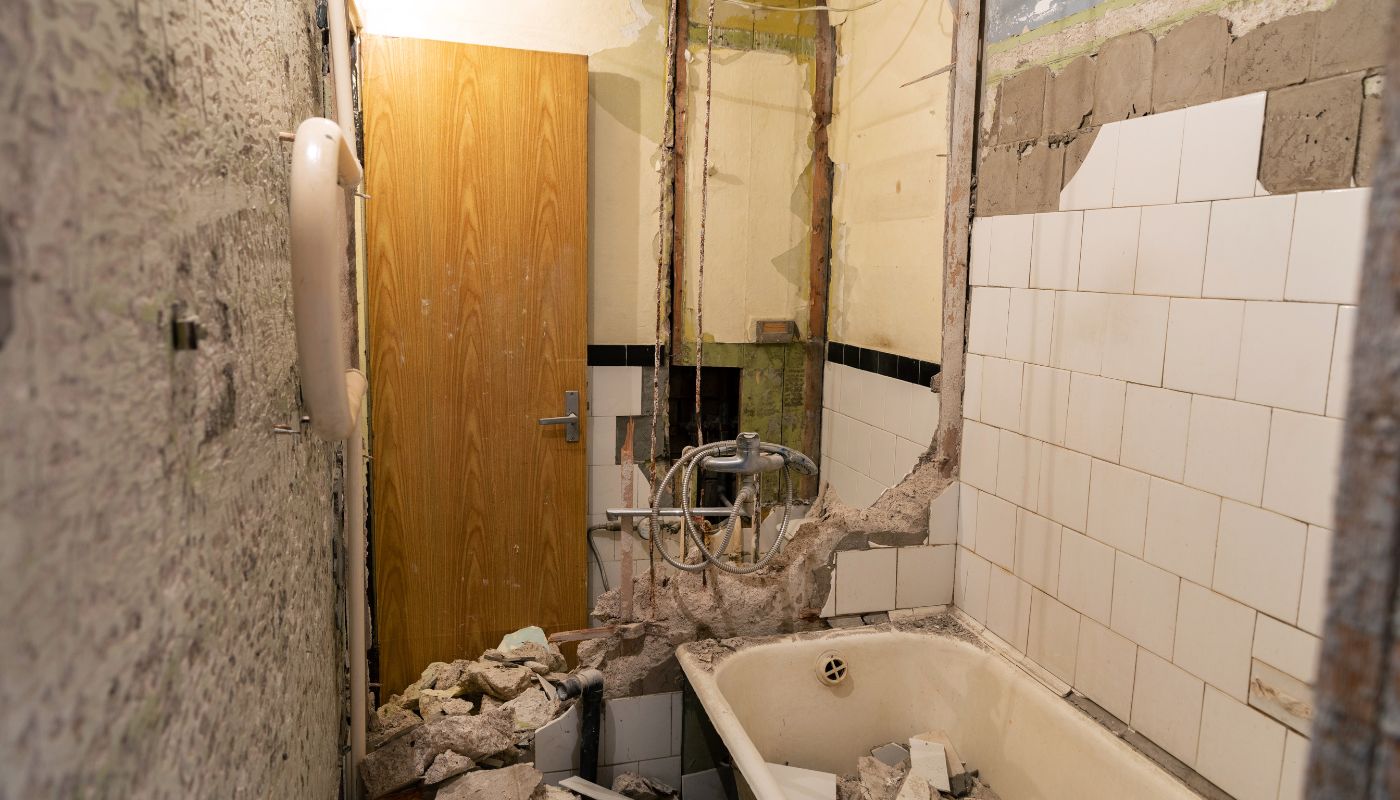 The bathroom is one of the most important and frequently used spaces in a home. Over time, it may start to show signs of wear and tear or become outdated. If you’re considering renovating your bathroom, one of the first decisions you’ll face is whether to tackle the project yourself or hire a professional. Both options have their pros and cons, and it’s essential to weigh them carefully before deciding.
The bathroom is one of the most important and frequently used spaces in a home. Over time, it may start to show signs of wear and tear or become outdated. If you’re considering renovating your bathroom, one of the first decisions you’ll face is whether to tackle the project yourself or hire a professional. Both options have their pros and cons, and it’s essential to weigh them carefully before deciding.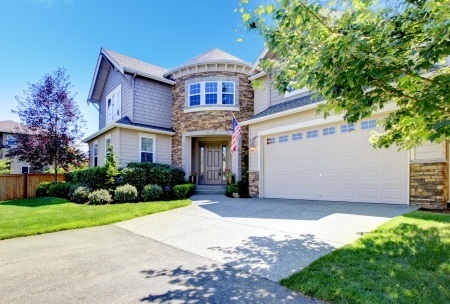 Home prices increased in November, with national home prices up 0.70 percent month-to-month and 6.20 percent higher year-over year. Case-Shiller’s 20-City Home Price Index rose by 0.70 percent in the three-month period ending in November; nationally, home prices grew 6.20 percent year-over-year.
Home prices increased in November, with national home prices up 0.70 percent month-to-month and 6.20 percent higher year-over year. Case-Shiller’s 20-City Home Price Index rose by 0.70 percent in the three-month period ending in November; nationally, home prices grew 6.20 percent year-over-year.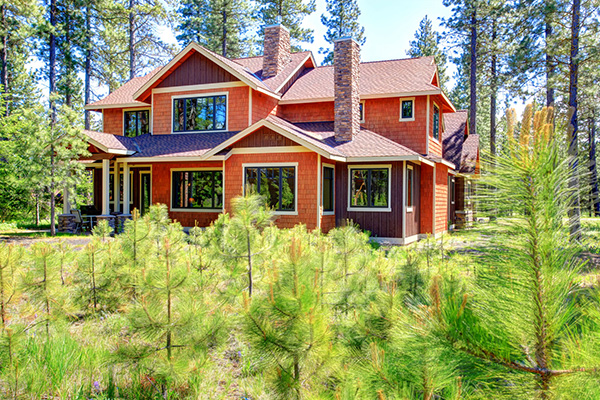 Home prices continued to rise in September according to Case-Shiller National and 20-City home price index reports. According to the National Home Price Index, national home prices rose 0.70 percent month for the three months ending in September. The National Index regained its pre-housing bubble peak and surpassed it by 5.90 percent as of September.
Home prices continued to rise in September according to Case-Shiller National and 20-City home price index reports. According to the National Home Price Index, national home prices rose 0.70 percent month for the three months ending in September. The National Index regained its pre-housing bubble peak and surpassed it by 5.90 percent as of September.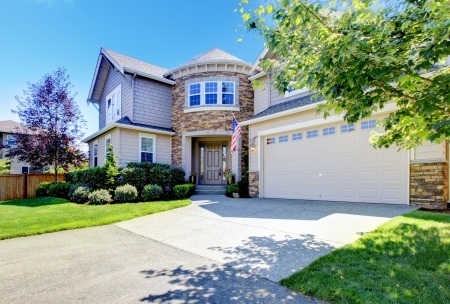 Home builder confidence in housing market conditions surged in August after sagging to an eight-month low in July. The National Association of Home Builders reported a July reading of 68 in August after analysts expected a one- point increase from July’s Housing Market Index reading of 64. Any reading over 50 indicates that more builders consider housing market conditions positive than those who do not.
Home builder confidence in housing market conditions surged in August after sagging to an eight-month low in July. The National Association of Home Builders reported a July reading of 68 in August after analysts expected a one- point increase from July’s Housing Market Index reading of 64. Any reading over 50 indicates that more builders consider housing market conditions positive than those who do not.